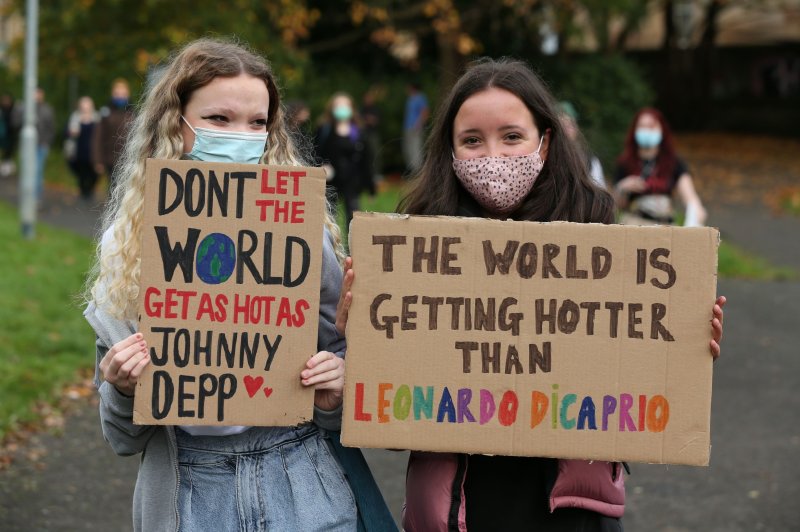If you’ve seen an open job posting or have been through a new job orientation over the last decade, you’ve probably seen the word “family” thrown around when describing a company’s culture.
“We’re a family.”
“Welcome to the [company name] family.”
“We’re a family that breathes and lives the mission of the company.”
The Toxic Effects of Branding Your Workplace a “Family”
This report examines topics that impact workplace mental health, including working remotely and what the future of work looks like. The insights were obtained from a survey of over 10,000 Australians.
Australia’s largest annual survey for workplace mental health and wellbeing
COP 26
The Great Resignation: a sense of possibility allows workers to quit their jobs
Company stands ground after watchdog finds it breached Australians’ privacy by scraping images online
Ooh: Australia's Information Commissioner and Privacy Commissioner has found that Clearview AI breached Australians’ privacy by scraping their biometric information from the web and disclosing it through a facial recognition tool
Hackers access mySA GOV digital licence accounts, prompting warning from state government
That is the title of the new Derek Thompson piece in The Atlantic. Here is one excerpt:
The existing layers of bureaucracy have obvious costs in speed. They also have subtle costs in creativity. The NIH’s pre-grant peer-review process requires that many reviewers approve of an application. This consensus-oriented style can be a check against novelty—what if one scientist sees extraordinary promise in a wacky idea but the rest of the board sees only its wackiness? The sheer amount of work required to get a grant also penalizes radical creativity. Many scientists, anticipating the turgidity and conservatism of the NIH’s approval system, apply for projects that they anticipate will appeal to the board rather than pour their energies into a truly new idea that, after a 500-day waiting period, might get rejected. This is happening in an academic industry where securing NIH funding can be make-or-break: Since the 1960s, doctoral programs have gotten longer and longer, while the share of Ph.D. holders getting tenure has declined by 40 percent.
And:
First is the trust paradox. People in professional circles like saying that we “believe the science,” but ironically, the scientific system doesn’t seem to put much confidence in real-life scientists. In a survey of researchers who received Fast Grants, almost 80 percent said that they would change their focus “a lot” if they could deploy their grant money however they liked; more than 60 percent said they would pursue work outside their field of expertise, against the norms of the NIH. “The current grant funding apparatus does not allow some of the best scientists in the world to pursue the research agendas that they themselves think are best,” Collison, Cowen, and the UC Berkeley scientist Patrick Hsu wrotein the online publication Future in June. So major funders have placed researchers in the awkward position of being both celebrated by people who say they love the institution of science and constrained by the actual institution of science.
Much of the rest of the piece is a discussion of Fast Grants and also biomedical funding more generally
Comedian Judah Friedlander Explains Why Canada Should Pay American Citizens' Taxes, And He's Right


